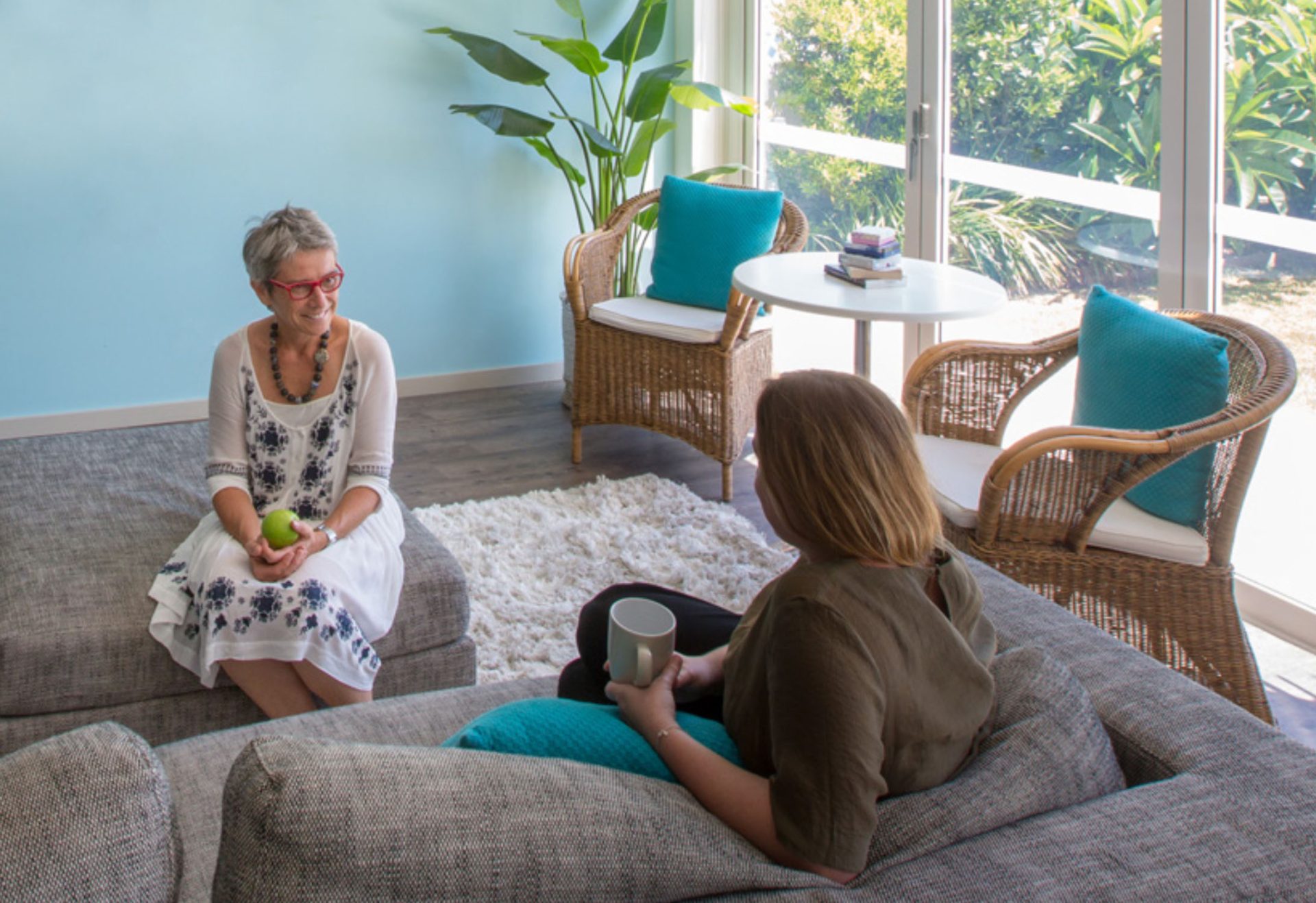A healthy amount of worrying is normal, and an important part of how we function and relate appropriately to others day-to-day. But when does worry become, well, a worry?
Dr Ashwini Padhi, psychiatrist at South Pacific Private Hospital in Curl Curl, gave us a rundown on understanding generalised anxiety disorder, how it manifests in the body and how we can begin to recover.
Dread, panic, fear. We’re all faced with these unpleasant feelings from time to time when things in life are challenging us. Our bodies are wired to respond appropriately to threatening situations; the sight of a spider sending your heart racing slightly, or feeling a little nauseous before a public speaking engagement. But how can we know when we’re feeling appropriately worried about something, or, if we are actually suffering with the debilitating symptoms of anxiety?
What sets anxiety apart is when we begin to experience an overwhelming combination of negative emotions that is seemingly out of proportion with the triggering factor; for example if we begin to experience a racing heartbeat when a colleague asks you to complete a simple task at work. These feelings can also occur suddenly with no apparent explanation as to what triggered it as we are going about our day to day business.
“Anxiety can be all consuming and can feel impossible to shake, alleviate or distract from”, says Dr Ashwini Padhi, Psychiatrist at South Pacific Private.
In addition to overwhelming negative emotions, those who are experiencing anxiety may also experience bouts of hypervigilance, irritability, restlessness and racing or intrusive thoughts.
“When we begin to experience the symptoms of anxiety, we can start to face difficulty at work and in carrying out the most simple of daily tasks, even interrupting healthy eating and sleeping patterns”, says Dr Padhi, “it can feel very much as though we are out of control of our thoughts, feelings and behaviour.”
“For many, anxiety can mimic the symptoms of heart complications such as palpitations, trembling, nausea, fatigue, sweating, chest tightness and shortness of breath.”
Unlike normal feelings of worry, anxiety also manifests in physical sensations. “For many, anxiety can mimic the symptoms of heart complications such as palpitations, trembling, nausea, fatigue, sweating, chest tightness and shortness of breath,” says Dr Padhi. He says this can be extremely distressing for the person who is experiencing anxiety.
“The experience of these physical symptoms is often so distressing that they become the perpetuating factor of one’s anxiety, and so it can be even more difficult to break the cycle” he says.
Dr Padhi says there are also other external factors that can be symptoms of anxiety including gastrointestinal symptoms such as nausea, stomach pain and diarrhoea.
“Whilst anxiety can mirror the symptoms of other serious diseases, it is important that if you are experiencing persistent symptoms, to first rule out any physical illness by paying a visit to your GP”, he says.

Anxiety can surface at any stage of an individual’s life, and the length of time and frequency at which we can experience bouts of anxiety differs from person to person.
“Some people find that symptoms of anxiety come and go, disappearing after a few days or weeks once external stress factors subside,” says Dr Padhi. However, for many of us, he says, the overwhelm of anxiety does not disappear on its own. Often these feelings become chronic and persistent, and they begin to reduce our ability to live a normal life.
It’s important to understand that there are different forms of diagnosable, treatable anxiety disorders, ranging from Generalised Anxiety Disorder, Social Anxiety Disorder and Panic Disorder (commonly referred to as panic attacks) to forms of anxiety which are triggered by substances, including alcohol and marijuana.
Anxiety can also often be accompanied by other mental health or addiction issues, known as dual diagnosis. “Treatment for anxiety can help you understand the underlying causes of your condition and equip you with strategies for long-term recovery”, says Dr Padhi, “so if you have been experiencing disproportionate feelings of anxiety and stress for more than a few weeks, or have been struggling with any of the associated physical symptoms, now may be the time to reach out for help”.

If you’re concerned you may have a problem with anxiety, South Pacific Private has a free online self-assessment tool to help you gain a better understanding of whether key indicators apply to your situation.
To schedule a free, confidential, professional phone assessment, you can call their team seven days a week on 1800 063 332.
This is a sponsored article in support of local news and SPP, a trusted private health service celebrating thirty years in the community. The information has also been collated to address issues our readers said they want information about. Whatever your financial circumstance, help is available to you. Speak to your GP if you need help with anxiety, and visit resources such as Beyond Blue or NSW Government Anxiety Disorders Clinic.



